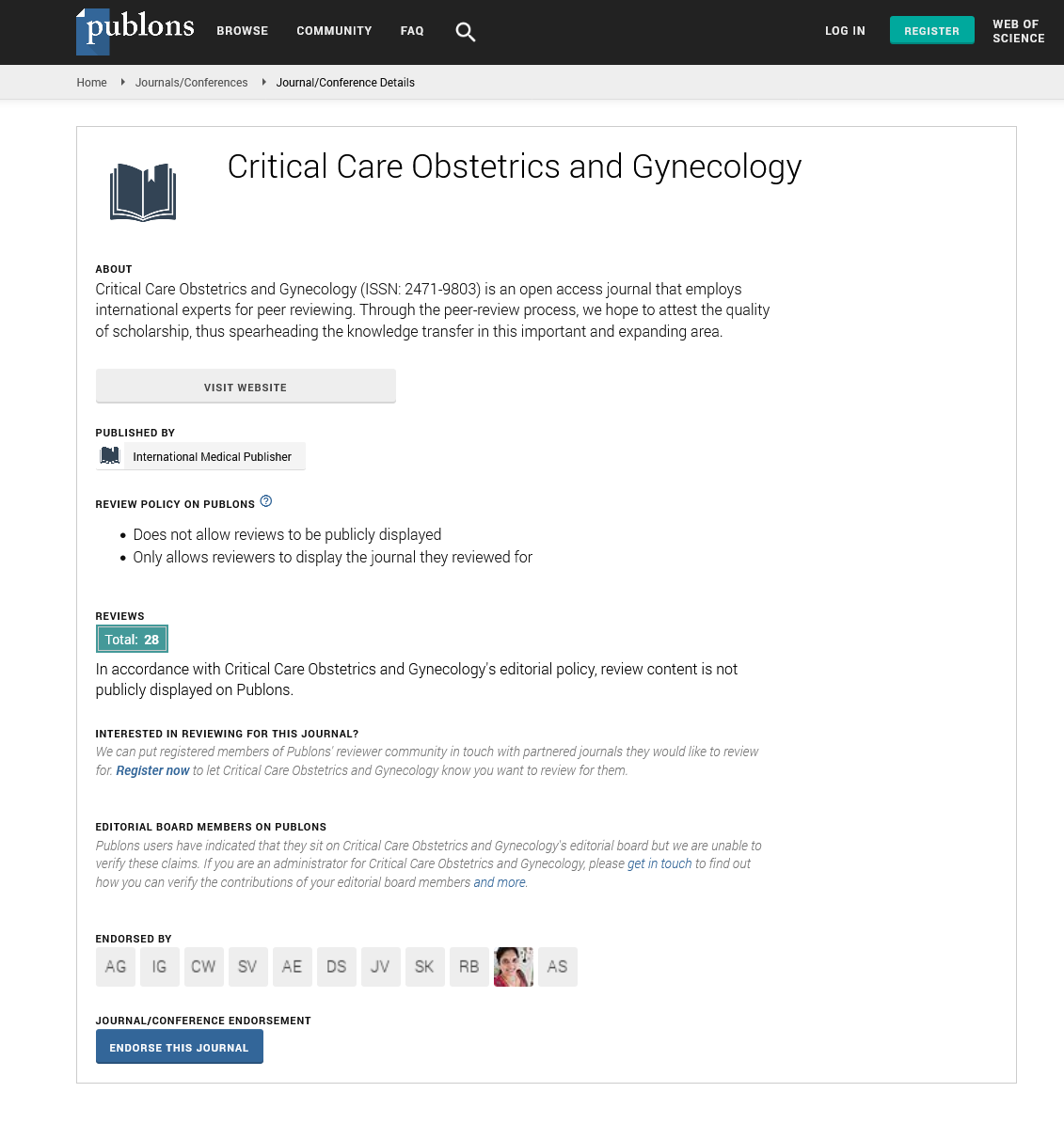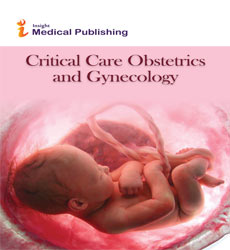Abstract
A Systematic Review of Effective Fertility Adjuvant Therapy, Dulaglutide (GLP-1) in PCOD for Short Term
This systematic review evaluates the short-term efficacy of Dulaglutide (a GLP-1 receptor agonist) as a fertility adjuvant in the management of Polycystic Ovary Syndrome (PCOS). PCOS is a common reproductive endocrine disorder affecting women of fertile age, characterized by hyperandrogenism, chronic anovulation, and polycystic ovaries. Dulaglutide and metformin are both known to enhance insulin sensitivity, which is a key component in PCOS treatment. However, Dulaglutide offers additional benefits in weight loss and hormonal modulation, potentially making it a superior option for comprehensive PCOS management. Recent studies, including a randomized controlled trial by Zhang, et al., have investigated the effects of Dulaglutide combined with a Calorie-Restricted Diet (CRD) on fertility outcomes in women with PCOS. Results indicate that Dulaglutide combined with CRD had significant advantages in reducing glycated hemoglobin A1c and postprandial plasma glucose levels compared to CRD alone. Additionally, the Dulaglutide group achieved weight loss targets more rapidly, suggesting its potential as an effective adjuvant therapy for fertility improvement. Research indicates that GLP-1 receptor agonists, such as Dulaglutide, improve ovarian morphology, menstrual function, and insulin sensitivity, underscoring their potential in enhancing reproductive health. Dulaglutide is also proposed to restore hypothalamic-pituitary axis function, correct the Luteinizing Hormone (LH) and Follicle- Stimulating Hormone (FSH) ratio, and stimulate follicular maturation, leading to improved fertility outcomes. Metaanalyses and randomized controlled trials have demonstrated that Dulaglutide positively impacts ovarian function and metabolic profiles, suggesting enhanced fertility outcomes. Dulaglutide, a GLP-1 receptor agonist, has shown promise in reducing hyperglycemia, modulating insulin resistance, and potentially restoring reproductive hormonal balance. Similar GLP-1 agonists, such as liraglutide, have been effective in regulating reproductive systems, suggesting potential mechanisms to improve ovulatory function and fertility rates in women with PCOS. This potential highlights the value of Dulaglutide as an intervention in improving fertility outcomes for women dealing with PCOS. The findings from various studies suggest that Dulaglutide outperforms metformin in several key areas, offering enhanced weight reduction, improved metabolic profiles, and superior reproductive health outcomes, particularly when used alongside lifestyle interventions. Emerging research positions Dulaglutide as an effective adjuvant in regulating metabolic and endocrine functions, reinforcing its potential as a fertility-enhancing option for women with PCOS. Dulaglutide has demonstrated efficacy in reducing androgen levels, improving ovarian function, and enhancing menstrual regularity and ovulation, which are critical for restoring ovulatory function and improving fertility outcomes in PCOS. However, further research is needed to fully understand the long-term safety of Dulaglutide and combined therapy approaches in women with PCOS.
Author(s): Hend Ahmado* , Enas Elsayed, Salha Alzahrani, Noory Alsayed, Abotaleb Alsayed, Mohammad Basyouni, Jamilah Hasemi, Somaia Hzazy, Hanan Aljizani, and Rawdah Mandar*
Abstract | Full-Text | PDF
Share this

Google scholar citation report
Citations : 148
Critical Care Obstetrics and Gynecology received 148 citations as per google scholar report
Critical Care Obstetrics and Gynecology peer review process verified at publons
Abstracted/Indexed in
- Google Scholar
- China National Knowledge Infrastructure (CNKI)
- WorldCat
- Publons
- Geneva Foundation for Medical Education and Research
- Secret Search Engine Labs
Open Access Journals
- Aquaculture & Veterinary Science
- Chemistry & Chemical Sciences
- Clinical Sciences
- Engineering
- General Science
- Genetics & Molecular Biology
- Health Care & Nursing
- Immunology & Microbiology
- Materials Science
- Mathematics & Physics
- Medical Sciences
- Neurology & Psychiatry
- Oncology & Cancer Science
- Pharmaceutical Sciences


